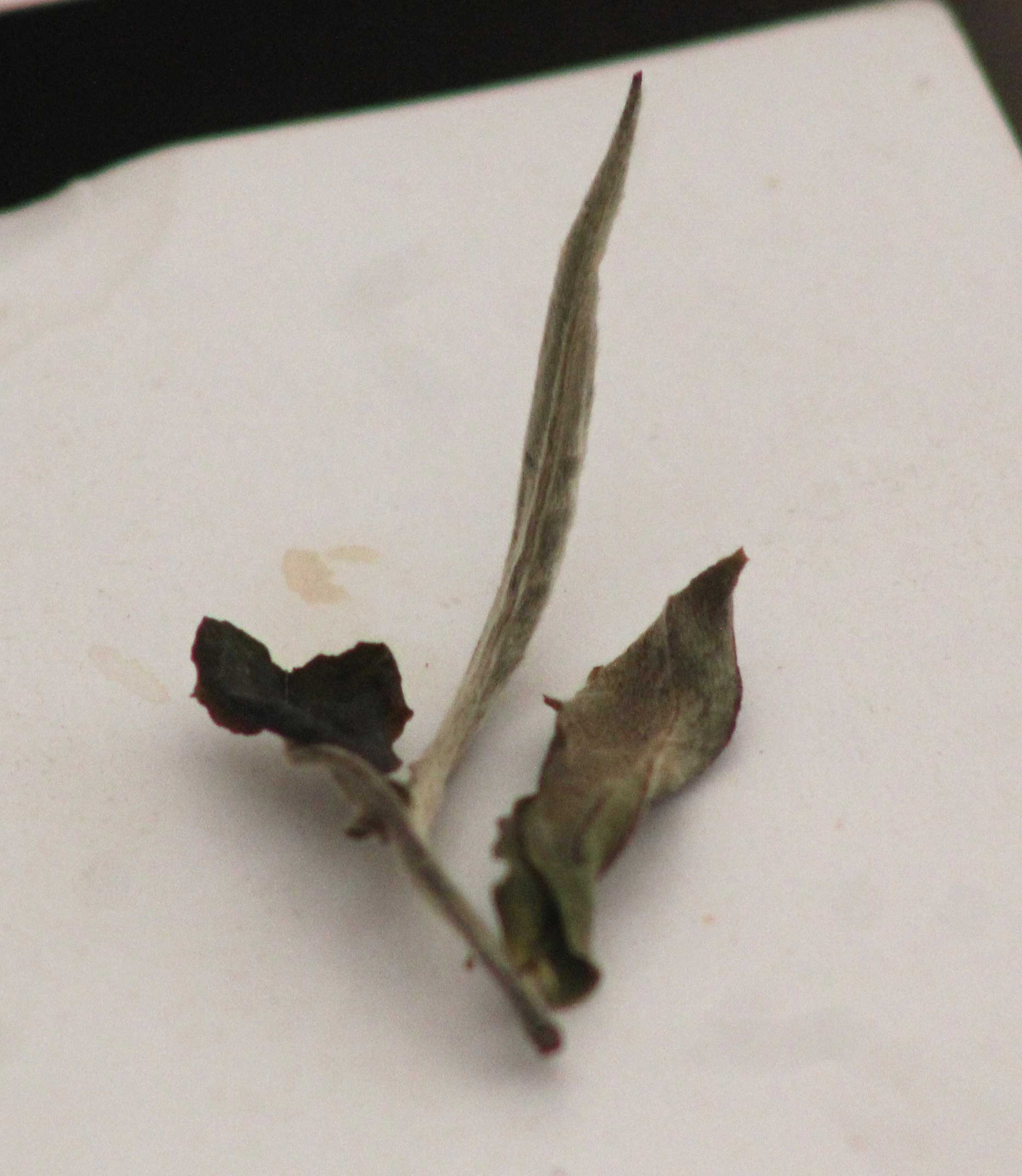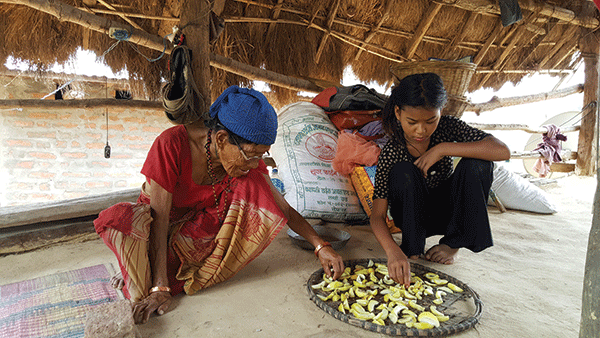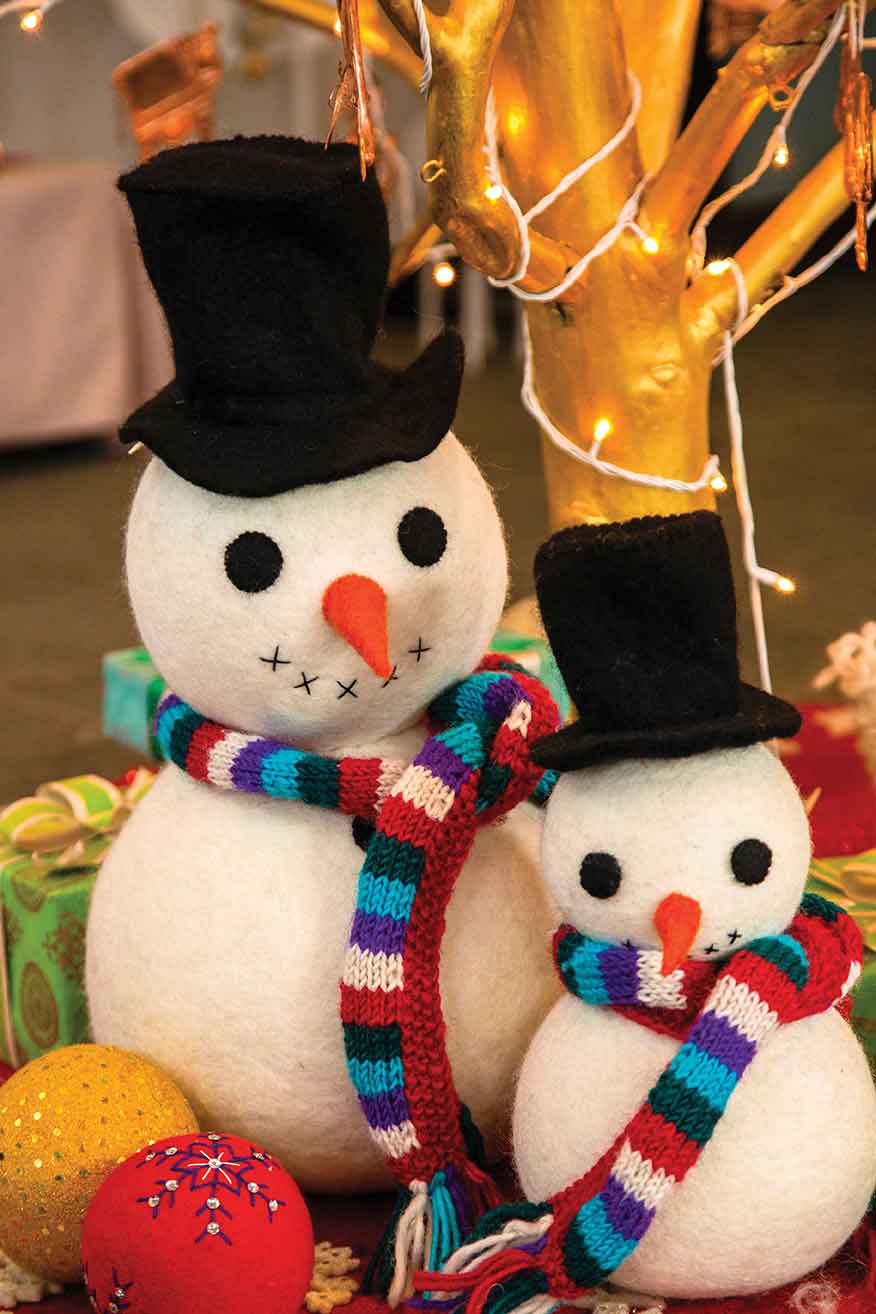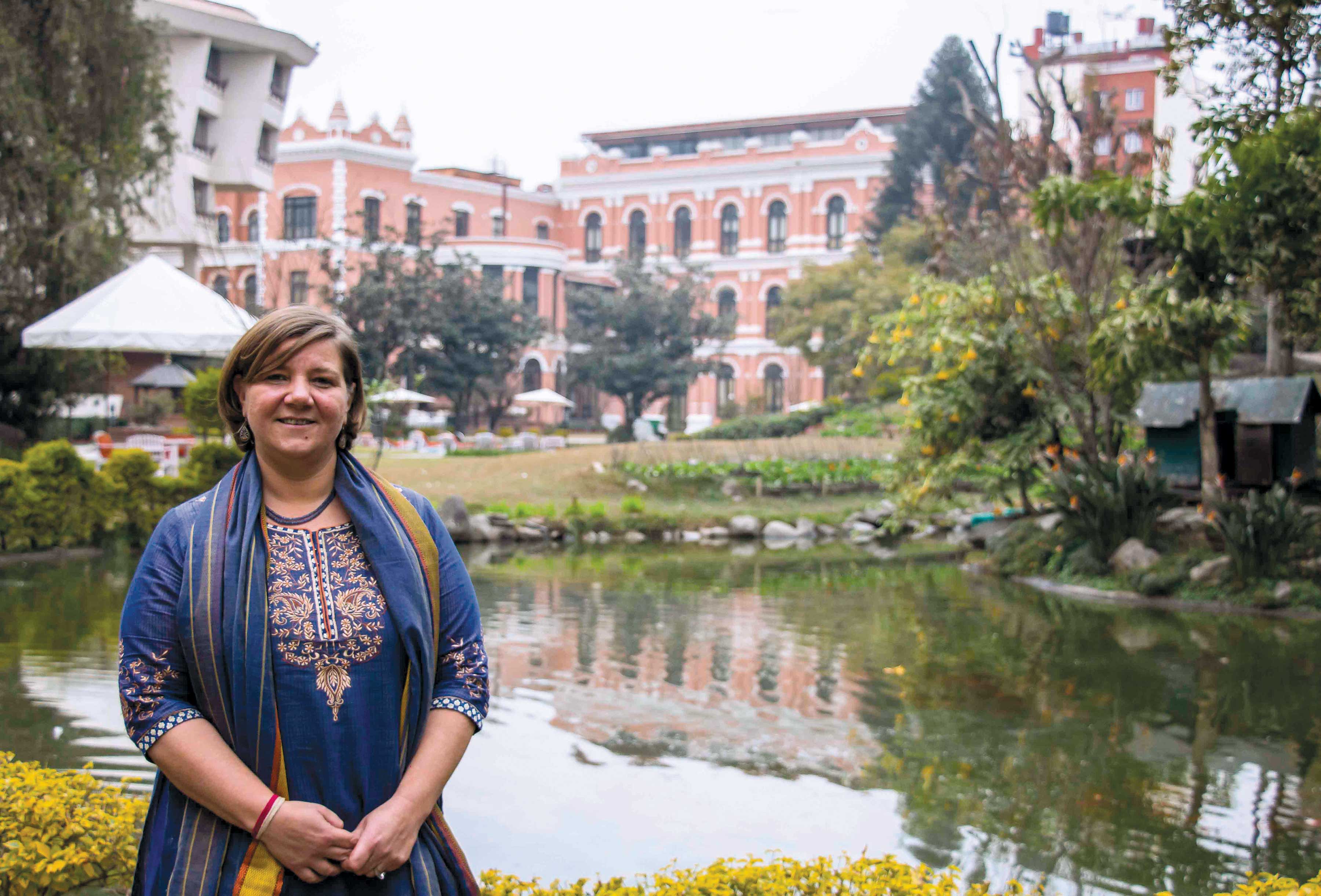With the harvest season coming to an end, we celebrate what some would call the biggest street festival of Kathmandu.
Here I was, a ball of fear and excitement, tucked away in the narrow alleys of Indra Chowk, awaiting my favorite attraction of the day; for Pulukishi, a white elephant mascot, to come and create a havoc. The cool September air had long dissipated and had been replaced with the hot stickiness that only a large crowd can bring. It seemed that all of Kathmandu had gathered to witness the celebration of Indra Jatra, a day spent honoring the god of rain and the king of heaven.

There are the tall, beautifully decorated raths with the three living gods: Kumari, Ganesh, and Bhairav, being paraded around the city that way too many people tried to climb onto. There are Majipa lakheys, demons of deities and the protectors of children, with their big red masks dancing aimlessly around the city, in a trance. Following them are the three Sawa Bhakku dancers who portray the ancient myths of the heroic Lord Bhairav. Lastly, there is always some jaad (Newari rice based liquor) present in the breath of every adult, stagnating the air around me. This was my childhood impression of Indra Jatra, or at least what I could get from the little windows formed by the legs and the arms of the many people out to celebrate on the streets.
The legend goes as so –Lord Indra’s mother, Dagini, was so pleased with the farmers for releasing her son from imprisonment (for stealing a flower from their farm) that she promised to bring enough dew throughout the winter to ensure a rich farming season. Rejoiced, from then on the farmers celebrated the end of every monsoon season in honor of Lord Indra. In reality, the celebration started in the 10th century and was initiated by King Gunakamadeva and commemorates the founding of Kathmandu city.
From the Licchavi period, to the Malla and the Shah, its significance has been developed and lost over generations. It has become more of a ritual practiced out of obligation rather than one filled with spiritual meaning. For my relatives, it is a calling for a huge family gathering; for others, it is a source of income and a (large) source of alcohol and reckless abandon. However, for everyone, it is a day of celebration and joy.











